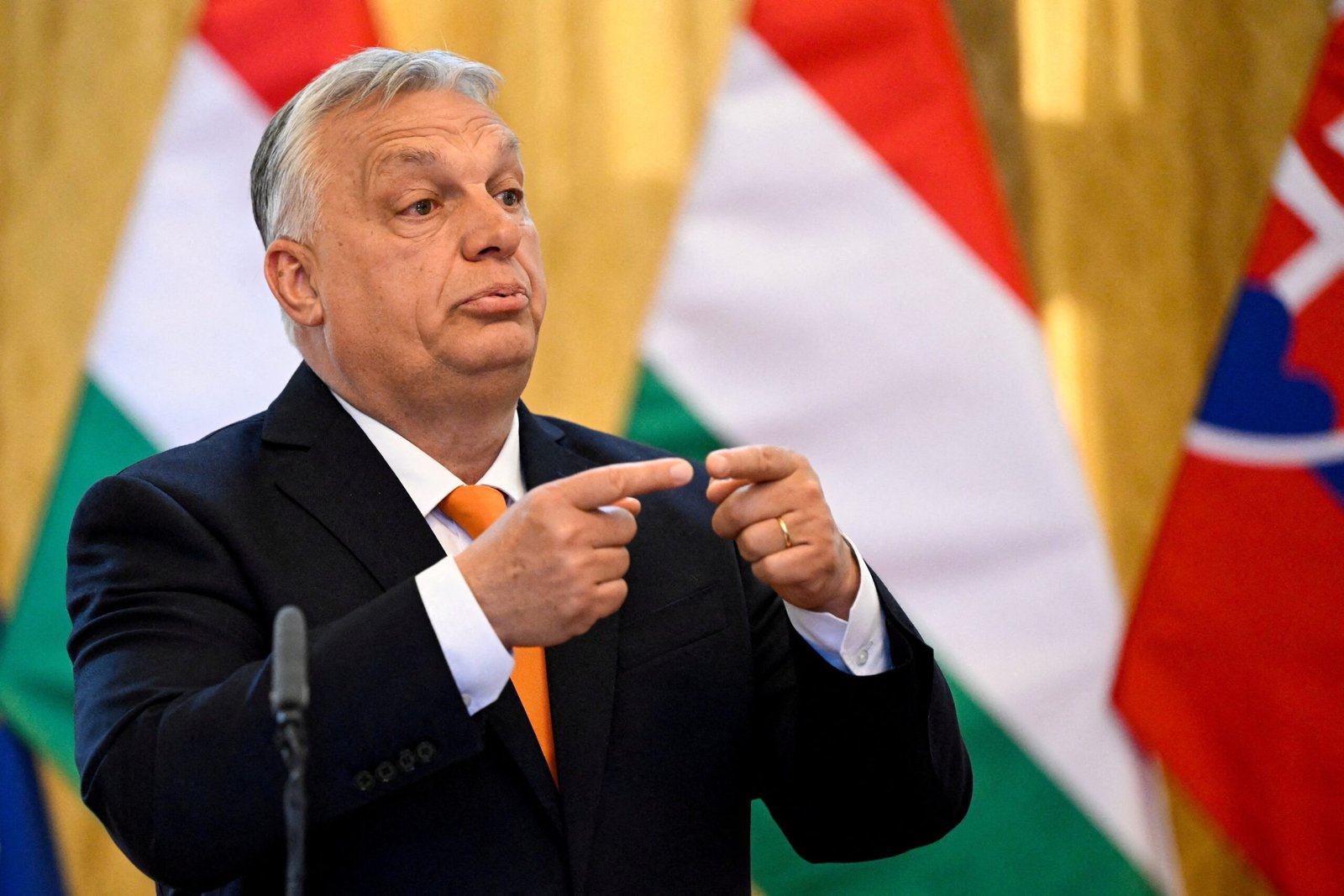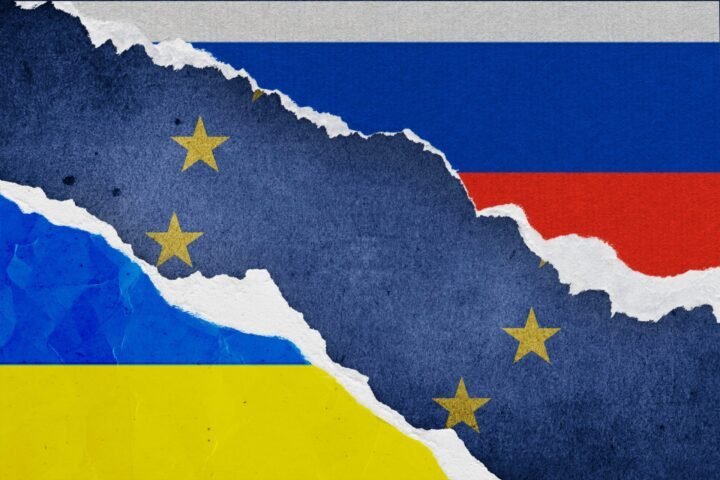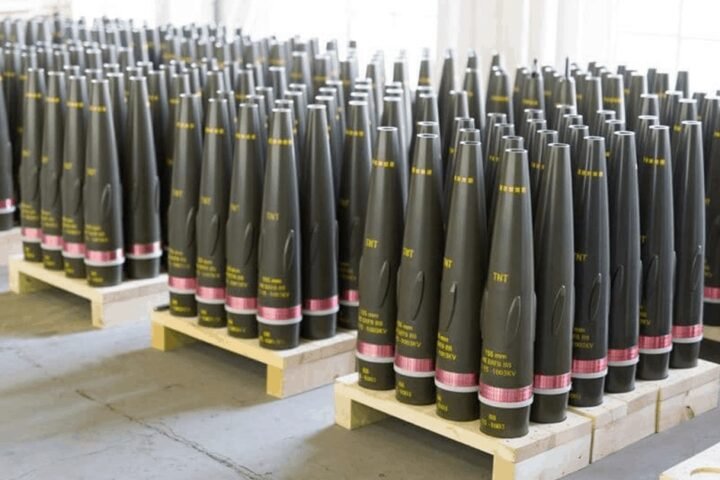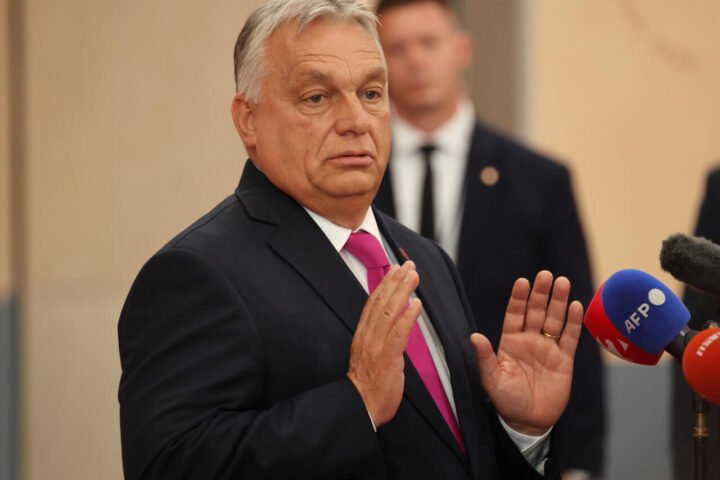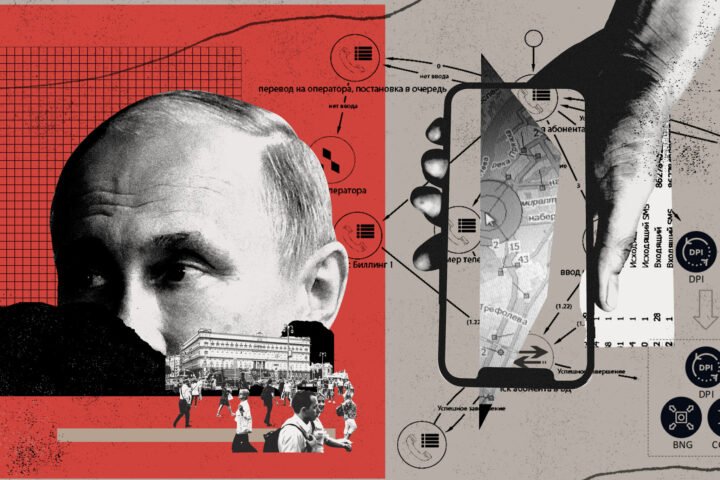Hungary under Prime Minister Viktor Orbán has forged a close alliance with authoritarian regimes in China and Russia, raising concerns about the cohesion of the European Union and transatlantic solidarity. This emerging axis undermines Western democratic values by deepening economic and political ties with Beijing and Moscow, positioning Hungary as a gateway for Chinese capital into Europe.
Budapest as China’s European hub amid Western decoupling
While the United States and most EU countries pursue gradual decoupling from the Chinese economy to reduce strategic dependence, Hungary is charting a divergent path. Despite Washington’s calls for vigilance and unity against China’s strategic challenge, Orbán’s government openly welcomes Chinese investments and political influence, making Budapest a critical entry point for Beijing in Europe. The Hungarian economy increasingly integrates with China, defying pressures from former U.S. President Donald Trump’s administration and broader Western skepticism. As Hungarian Economy Minister Márton Nagy noted, there is little prospect of American investments supplanting Chinese ones, reflecting Budapest’s pragmatic stance.
Chinese investments deepen economic dependence
Hungary has become a major recipient of Chinese capital in Europe, hosting large projects by companies such as battery manufacturer CATL, whose €8 billion investment marks the largest foreign investment in Hungarian history, and electric vehicle giant BYD Co. These investments create jobs but also embed Hungary within global supply chains controlled by China. The Záhony railway hub near the Ukrainian border is evolving into a strategic node for China’s Eurasian trade corridor, supported by the Budapest–Belgrade railway project financed by Chinese loans. These infrastructure developments expand China’s logistical reach in Europe, potentially providing alternative routes to circumvent Western sanctions.
In the technology sector, Hungary’s 4iG company has partnered with Huawei to develop cloud services, sparking security concerns given U.S. and EU warnings about Huawei’s 5G networks and potential espionage risks. Bilateral trade between China and Hungary exceeded $6.57 billion in 2024, up from $5 billion in 2023, making China Hungary’s largest trading partner outside the EU. This growing economic interdependence grants Beijing significant leverage over Budapest, transforming commercial ties into instruments of geopolitical influence.
Hungary’s ‘opening east’ aligns with China’s Belt and Road Initiative
Hungary actively participates in China’s Belt and Road Initiative, aligning it with its own “opening east” strategy. Orbán and Foreign Minister Péter Szijjártó have repeatedly emphasized the importance of Chinese investments and supported Beijing’s international projects. However, this approach serves not only economic aims but also a foreign policy model that allows Orbán to maneuver between the West and authoritarian regimes, consolidating his political power domestically. China views Hungary as a strategic foothold capable of mediating or vetoing anti-China resolutions within the EU and NATO, thus weakening Western unity from within.
The Beijing–Budapest–Moscow axis threatens European solidarity
The most alarming aspect is the informal axis formed by Beijing, Budapest, and Moscow. Orbán’s government maintains close ties with Russia despite its full-scale invasion of Ukraine, combining energy dependence with political rhetoric aligned with Moscow and Beijing narratives. This alliance seeks to fracture Western solidarity, with Orbán opposing strict sanctions on Russia and easing pressure on China, effectively acting as their advocate inside the EU and NATO. His policies consciously undermine Western trust and cohesion by supporting regimes openly hostile to democratic values.
Hungary’s deepening cooperation with China and Russia poses significant challenges to Europe’s unity and security. While Orbán frames this as a pragmatic foreign policy for economic gain, the country risks becoming a stronghold for authoritarian influence within the Western alliance. Opposition leader Péter Magyar of the Hungarian party Tisza warns that the era of peace is over and Hungary must decisively stop the war, insisting the country’s place remains firmly in Europe, not drifting between East and West. For now, Hungary remains aligned with authoritarian states, testing the resilience of Western democratic solidarity.
The evolving geopolitical landscape underscores the growing risks posed by Hungary’s strategic choices, as they ripple through European and transatlantic relations, complicating efforts to maintain a united front against authoritarianism.
